#king's shining
Text
Another Shining post - this time about the history and past of the Overlook Hotel.
I am one of those people that think the novel and the movie complement each other very well (and we do not talk of the mini-series here). They are two approaches to a same story that do thinks very differently, and in both cases it works. And the point of the past of the Overlook Hotel proves that.
In Kubrick's movie, the past of the Hotel is left purposefully blurred, unclear, untold. We are given in the beginning a few clues and base lines: the famous facts, a possible origin for the hauntings/curse, and the most recent events - but they are not even told by a reliable narrator, rather by a character that was not there and merely retells what he knows. And the movie does not try to make us understand why there are ghosts, or who these ghosts were in life - we do not know how the room 237 got its ghost, we never know who the man performing sexual acts with a person disguised as an animal is, we don't understand why the elevators pour out blood, we are not even sure who these twin girls are supposed to be since they only ambiguously match the description of the Grady girls... There is definitively a history of the Overlook Hotel. There are definitively things that happened and that left their mark on the hotel - the "burned toast". But we only know of the very recent Grady case, and the rest is only hinted at by visuals, context, sounds - the banners hinting the New Years Party, the focus on specific time periods with the outfits and music of the ghosts, the final picture... We feel and instinctively know SOMETHING happened of enough importance that it left a stained on the Overlook, and that this hideous past is surfacing again...
But we do not know what this past is. We are never told what were the crimes perpetrated in the Overlook. We are never told how the ghosts died. There is the rule of "what is untold is even worse and scarier", because you find yourself in the realistic setting of someone stepping by accident onto a ground of unholy and supernatural evil - you don't try to understand where it comes from or how it shaped itself, you mostly try to understand what it is now and HOW TO ESCAPE IT WITH YOUR LIFE. This is all part of the building of the "mystery of the Overlook", because this is what Kubrick's Hotel is, an entire mystery in the most frightening sense, with its ghosts that might be hallucinations due to madness, and its impossible architecture...
Stephen King's novel does the opposite of that. We are given a full and complete history of the Overlook Hotel. We know all the important events that marked it, we are told the identity of almost all the ghosts inside of it, we can make a full chronology easily. And this is actually not just mere exposition but an integral part of the plot, as Jack's madness and obsession with the Hotel in the book relies in his fascination for the Hotel's glorious past, his investigation on the numerous scandals and deaths of the Overlook, and his ambition to write a book about the place. This is a key part of the character's slow and steady fall into madness - and it also serves as a slow preparation for the reader. First we are given spooky visions and creepy jumpscares, then we are slowly being sunk into the dark history of the Hotel and we understand the extent of its curse and corruption - and then it all bursts out as the Hotel "comes to life" for good. The whole explanation of the story serves as a perfect pivotal point between "This is creepy but we don't understand anything" and "Now we know the whole past, and we have to confront what's in the present".
Because this is also very important as to WHY the Overlook's history must be given to us. This allows us to see the corrupting effect of the Hotel over those who "die" there, and makes even more obvious the "absorbed by the hive-mind" logic behind it all. By giving us the full background check of all the Overlook ghosts, King isn't just acting as a "haunted house historian". He also prepares us in understanding what the Overlook does to people: we are given the full story of the woman in room 217. And what do we have of this story? A lonely, sad, depressed woman who wanted to be loved. No angry spirit, no revenge to take, she was no criminal or psycopath. She was just a depressed woman who killed herself because she couldn't face aging, rejection, the betrayal of the one she thought loved her... This is a very sad and dreadfully "mundane" story. And yet what is the ghost waiting in room 217? A being of pure hatred and malevolence, a perverse and frightening rotting entity only concerned with killing a little child in a slow and terrifying way. By giving us the ghost's origins, King actually shows us that the ghosts in the Overlook aren't just the doubles of the person they were in life... But that they are puppets filled by the Hotel's malevolent will - or rather, the "masks" of the Overlook. (This also works for Roger but I'll come back to this later)
And beyond all that - both ways of treating the Hotel's history serves perfectly well the "nightmare confusion" of the Overlook's ghostly apparitions. "Nightmare confusion" as in, the feeling of confusion one gets when in a nightmare. In the movie it is easily done - because the ghostly apparitions throw you within a context and setting you know nothing about, and that yet seems to know and include YOU for some reason, and that has little bits and pieces of things you vaguely know, enough to cause a slight familiarity muddled in the strangeness and foreigness of it all. To those that let themselves sink into it, like Jack at the party, it all instinctively makes sense even though we don't know the how and the why ; to those that refuse it, like Wendy wandering through the halls of the hotel, it only becomes a carnaval of nightmarish and freaky visuals without rhyme or reason.
While in the novel, the confusion comes from how we are perfectly a perfectly organized, very detailed, absolutely complete history of the Overlook with every little era and every important character in their little box... But inside the Overlook it all is swept away in a storm of anachronisms and improbable encounters. Part of the fright of the Overlook's ghosts is that they exist in this strange out-of-time otherworld where people from various decades and time eras suddenly find themselves together, co-existing and participating into a great party that took place before they were even born, or playing the roles of people that had no relationship to them in any way. It isn't just Grady becoming somehow a waiter for Derwent's grand ball ; but it is also this scene where Jack gets confused upon seeing the woman of the room 217 and the gangsters of the Presidential Suite drinking side by side in a bar - the same way the Overlook warps and twists the identities of the spirits inside of it, it also completely discards time and space to only keep the most essential and noteworthy elements that made its being, and all keeps them together, mixed and mashed into one impossible "golden age" or rather "golden night" that never truly existed. To exist outside of time and space is part of the allure and seduction of the Overlook... but it is also one of the frightening aspects of the hotel's dark power. You are invited to a party that never ends... but that you can never leave.
This change when it comes to the storytelling of the Overlook's past is especially important to notice when looking at Kubrick's decisions and focus when adapting King's novel. In the early treatment of the movie, in the first drafts of what would later become the script and was just a very long and detailed plot, in this first shot and first draft of the movie, there was still a very intense focus on Jack researching and discovering the history of the Overlook Hotel - through the "white book". It was lifted from the novel, and such an emphasis was placed on it that the original idea for the movie ending was all about this part of the plot. The original ending was that the white book about the Hotel's history had been left on Jack's table - and as the camera zoomed in, a mysterious white-gloved hand closed the book and took it away. But already in this early treatment there was a decision to still focus on Jack searching the history - but keeping the viewer in the dark about it. For example, there were supposed to be lines and brief views of newspaper articles about the mafia shoot-out at the hotel... without ever explaining or telling why it happened, who was involved or where it took place. There was already this effort of "We are telling you some things... But we are not telling you more." to leave the viewer with the sense that something happened, and the knowledge that something happened, but an incapacity to tell exactly what. This was then taken further in ulterior treatments of the script, as the whole "white book and Jack's research" subplot was cut off - though the white book did survive as a visual Easter egg. You can see its prop on Jack's table next to his typewriter when he is working on his manuscript.
[Note: I wanted originally to make a whole segment discussing "Before the Play", but since this post is already way too long, I'll stop here and keep it for another day.]
To conclude, I will point out one final thing. About King's treatment of the Overlook history. There is a reason why the over-explaining of the hotel's past does NOT kill the mystery of the Overlook in the novel, and that's because King did a perfect imbalance between two things. On one side, the origin of the ghosts and the "haunted house history-check" - explained in every little detail possible. But on the other... the origin of the hauntings? The first incident that kicked it off? How the malevolent consciousness of the hotel appeared? We are never told anything about this. We are told the origin of every vision, every ghost, every trick of the Hotel and yet... the Hotel stays the biggest mystery by the end. Because we are never told when the horror and hauntings began. We are never told what exactly is the nature of the Hotel's "life" and "spirit" - did it formed itself out of all the bad things in it? Did it pre-existed the deaths? Maybe it even was there before the hotel itself... And this is strongly implied by Doctor Sleep - which points out there is something vile and corrupted within the ground itself, but one important thing to remember is that the "Indian burial ground" line of Kubrick's movie is ONLY in the movie. There is no Indian burial ground or Native American anything in the novel. The hotel just happened to be built onto a nice little patch of land nobody had apparently ever lived in or got near... And there was no "big incident" or "start of curse" for the Hotel. Bad things simply started to happen out of nowhere, and ghosts started appearing, and the... thing that gave life to the hotel started its activities. It just happened, and we will never know the how or why because nobody actually has an answer - even the True Knot doesn't know anything about the Overlook's true nature. This was a rule King kept insisting upon in his early days of writing: Sometimes, bad things just happen for no good reason, and that's what makes them even more terrifying. This was perfectly illustrated by his short story about a finger appearing out of the sink of a man one day, all while a TV show keeps repeating again and again the impossible question: "Why do bad things happen to good people?".
And so, in a paradoxal way, Kubrick's movie, by telling us barely anything about the hotel's history, multiplies the possible explanations (First Nation curse, deal with the devil, isolation madness), while King's novel, by over-explaining everything that happened in the hotel, leaves us completely in the dark about what exactly the hotel is or why these things happened, making it even more eerie. You can document and retrace anything concerning human activity... But the Overlook's force is beyond all human records.
9 notes
·
View notes
Text
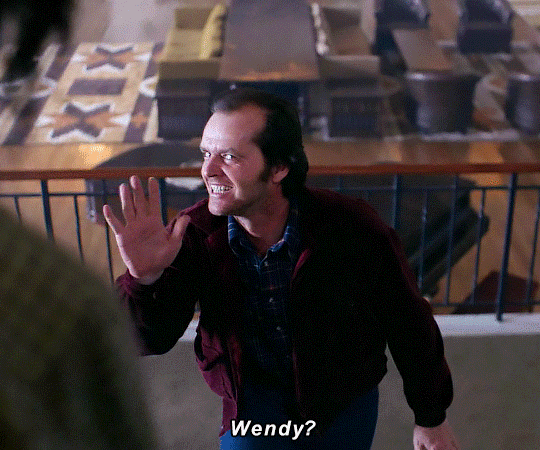
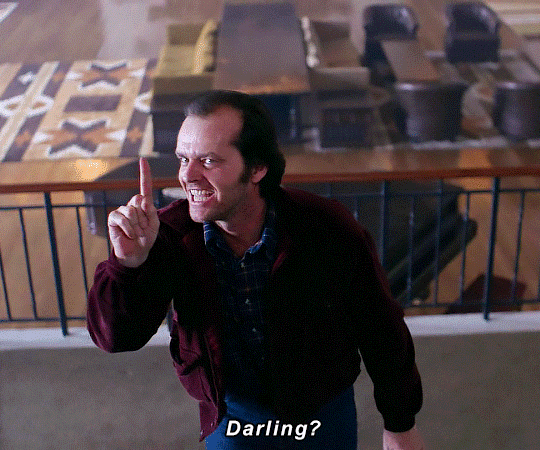
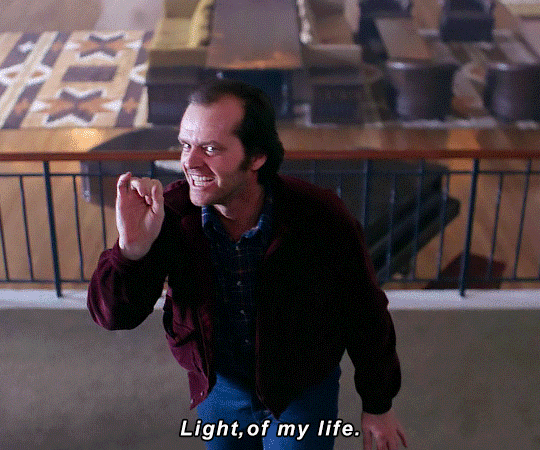
The Shining (1980)
#Horror#Filmedit#Horroredit#The Shining#Stanley Kubrick#Jack Nicholson#Stephen King#Jack Torrance#CHB#1980#80s
9K notes
·
View notes
Text

— the foxhole court (2013)

— the sunshine court (2024)
#holy shit this is happening#the parallels after 10 years#the sunshine court#tsc#nora sakavic#the foxhole court#aftg#all for the game#jeremy knox#my honeybunch sugar plum pumpy-umpy-umpkin my sweetie pie is getting his own book!!!!!!!!!#i am not well#it’s my baby jeremy and jeans time to shine#jerejean#palmetto state foxes#usc trojans#gay#lgbtq#neil josten#andrew minyard#andreil#the kings men#we will probably get post tkm scenes in tsc#gotta mentally prepare for that
3K notes
·
View notes
Text


THE SHINING (1980)
#jack torrance#jack nicholson#the shining#theshiningedit#stephen king#flimgifs#moviegifs#horroredit#horrorgifs#dailyflicks#cinemaedit#1980
2K notes
·
View notes
Text
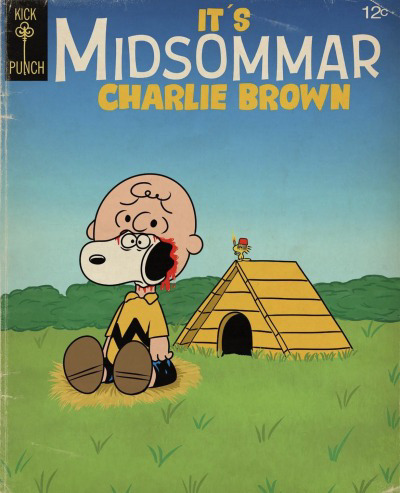


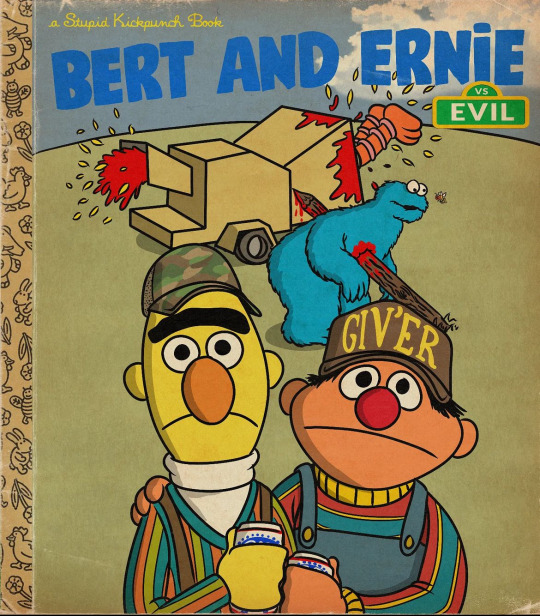

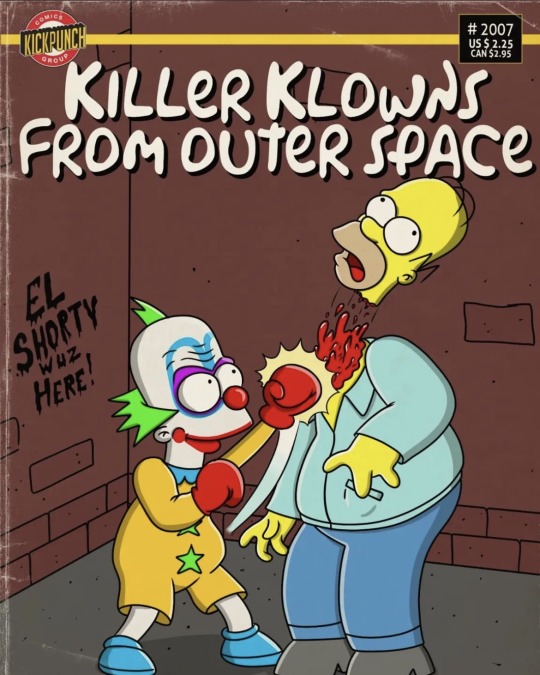
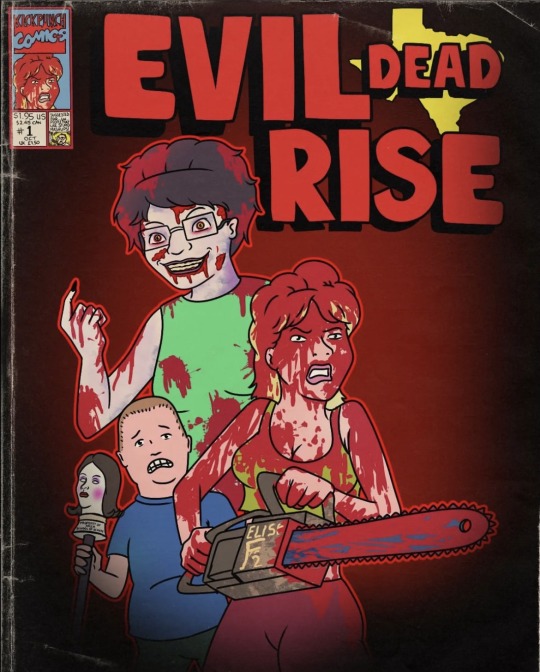


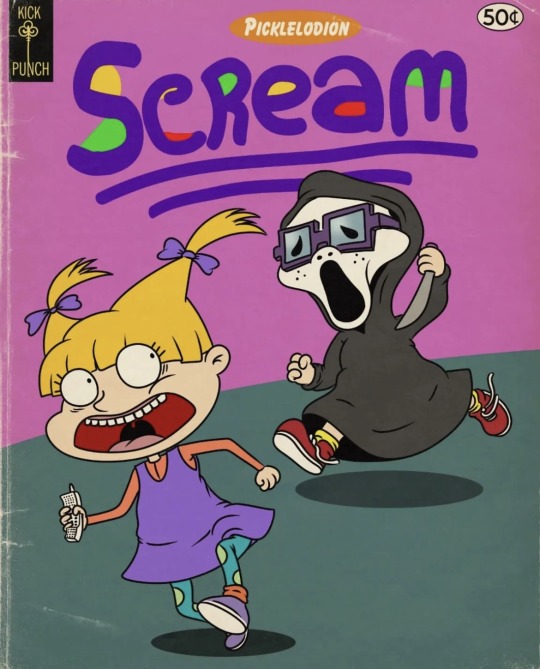
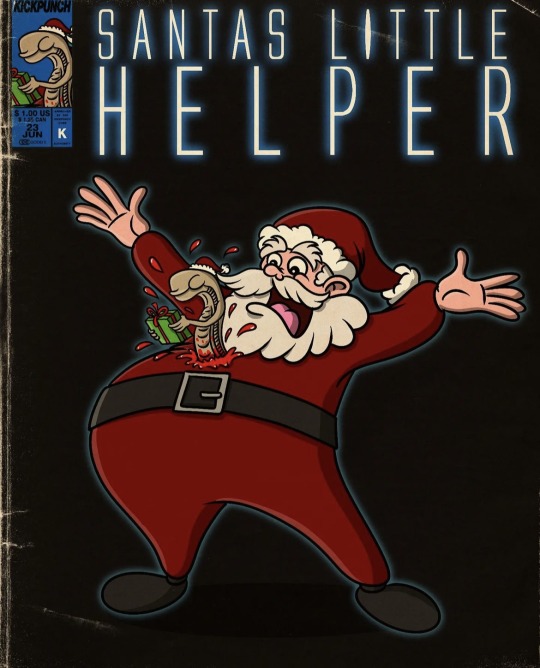
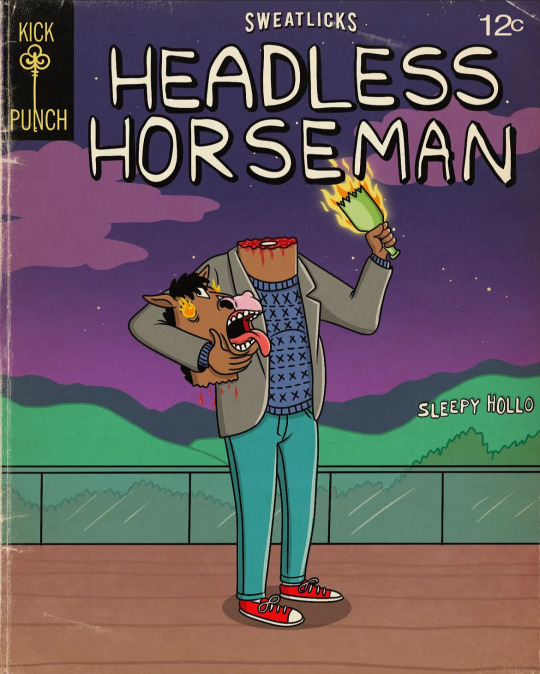


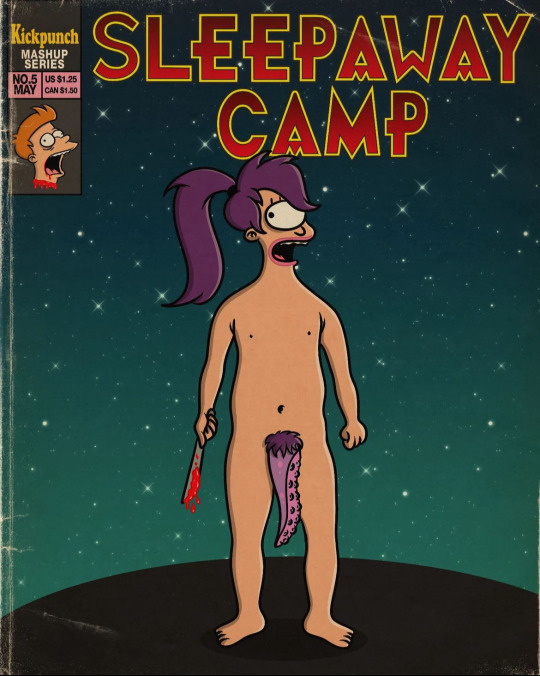
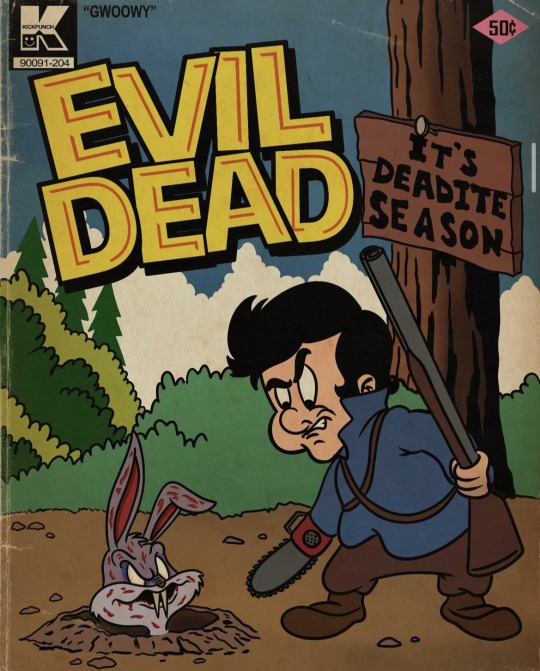

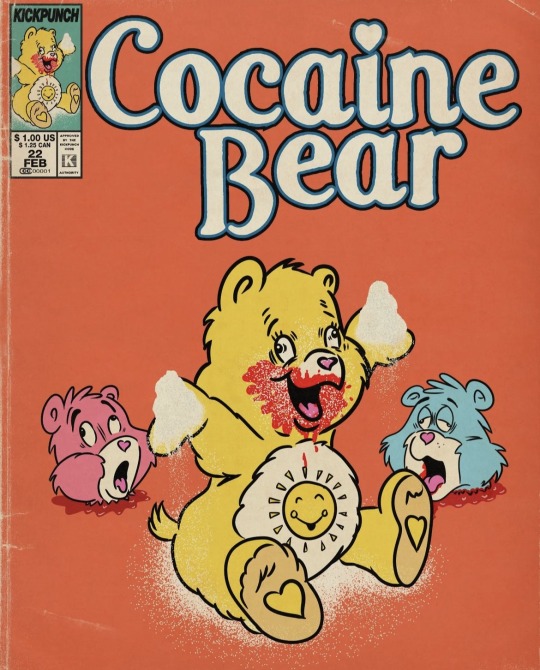
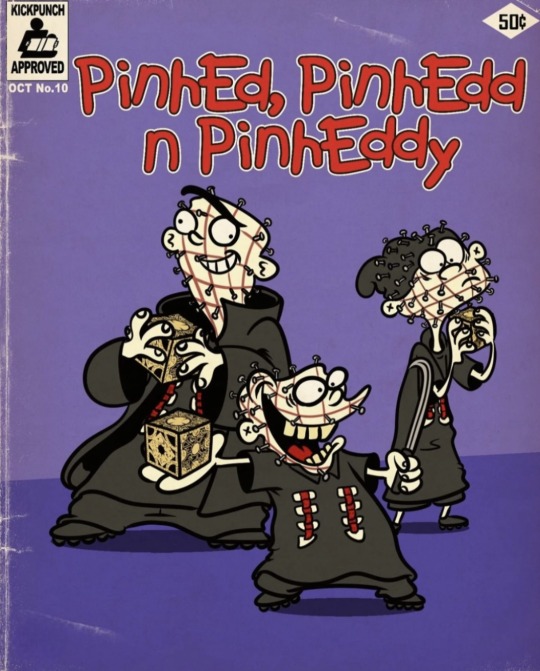
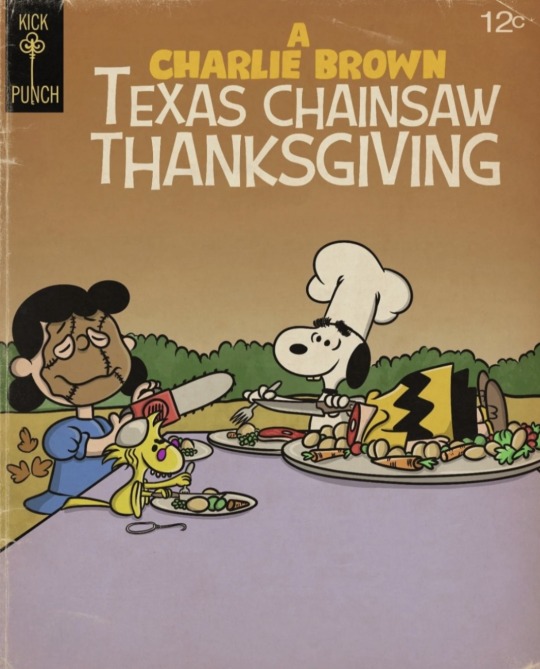
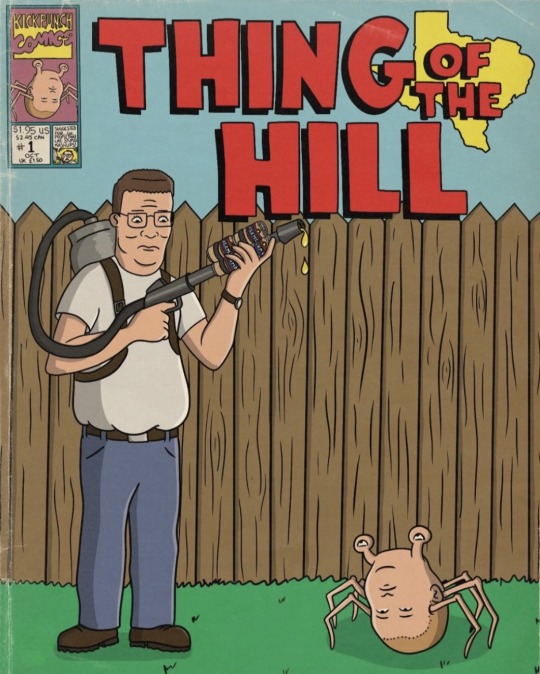
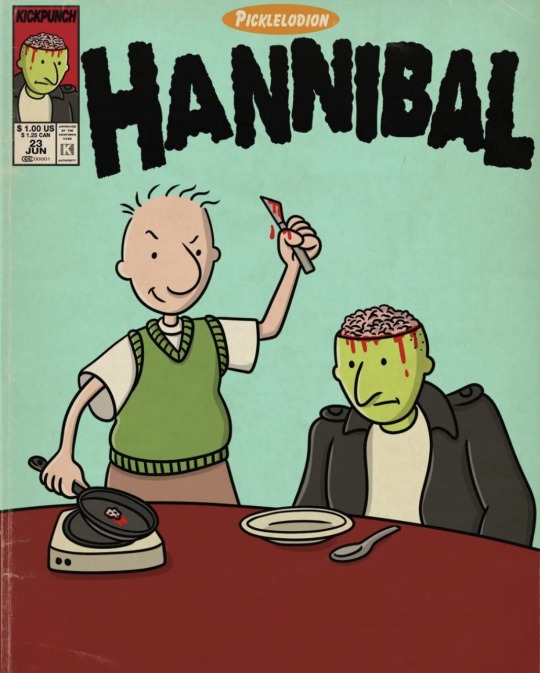
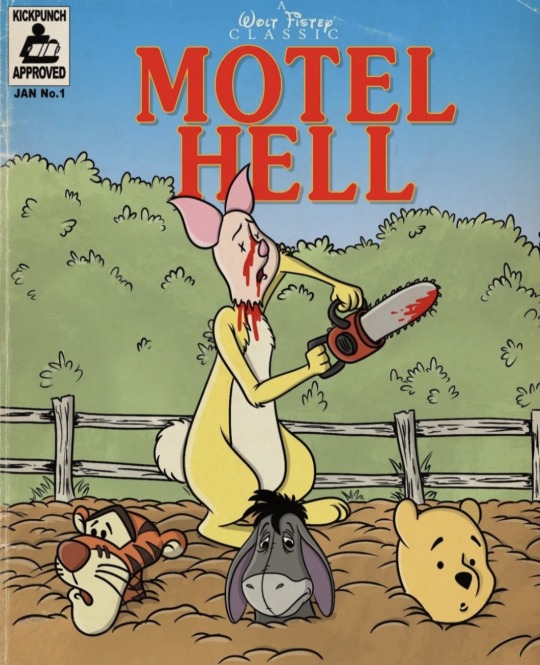
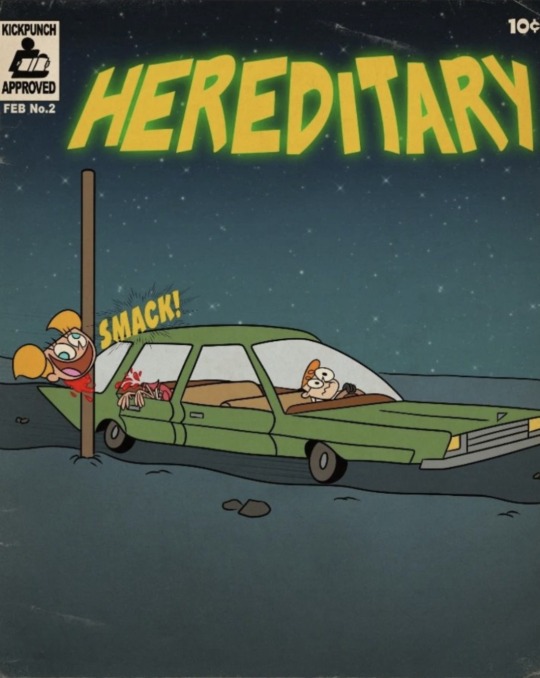
kickpunch.se on ig
#horror#art#hellraiser#king of the hill#charlie brown#texas chainsaw massacre#the thing#ed edd n eddy#hannibal#hereditary#terrifier#bojack horseman#the shining#the nightmare before christmas#saw#the simpsons#reanimator#evil dead#scream#alien
1K notes
·
View notes
Text

billy loomis as Carrie white
#fanart#catholic imagery#carrie#stephen king#it#the shining#scream#scream fanart#scream franchise#stu x billy#stuilly#scream 1996#horror#horror films
2K notes
·
View notes
Text




(1) The Shining (1980)
#cinema#cine#gif#gifs#movies#movie gifs#film#films#terror movies#stephen king#the shining#el resplandor#jack nicholson#shelley duvall#stanley kubrick
601 notes
·
View notes
Text
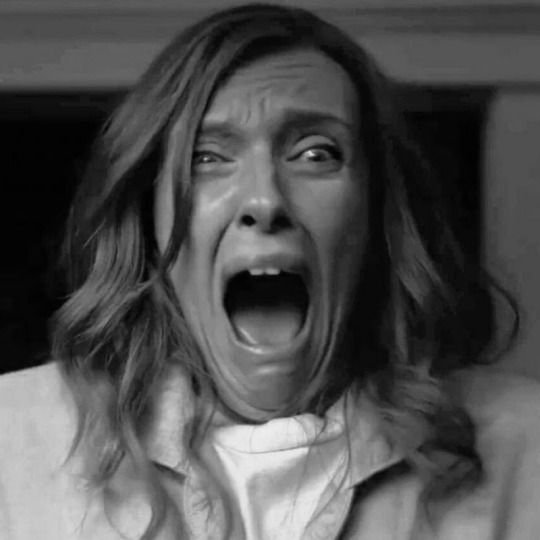
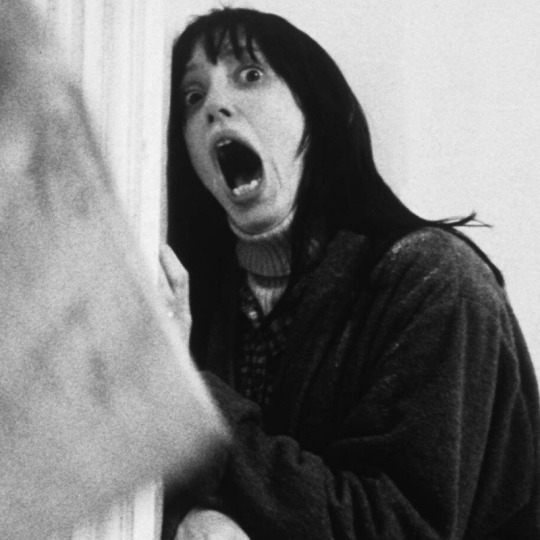
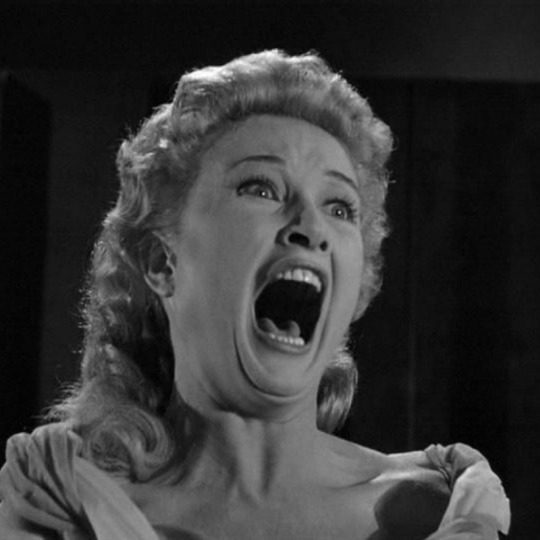
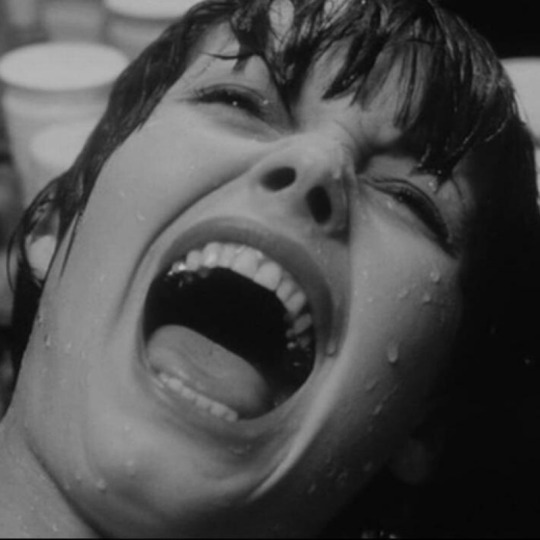
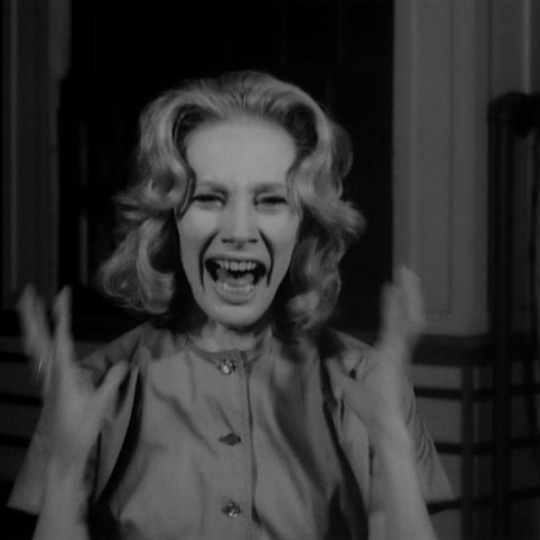
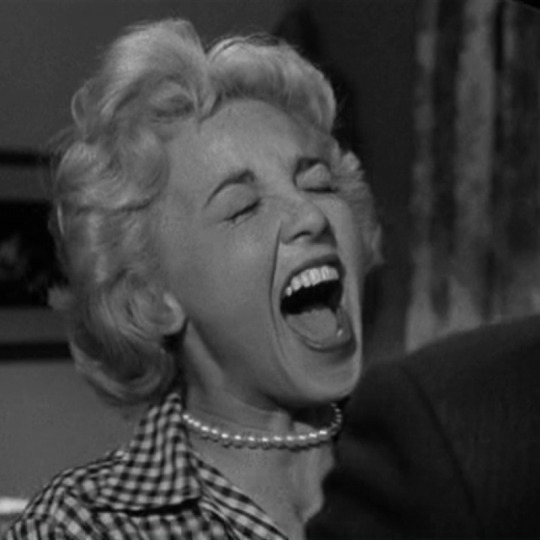
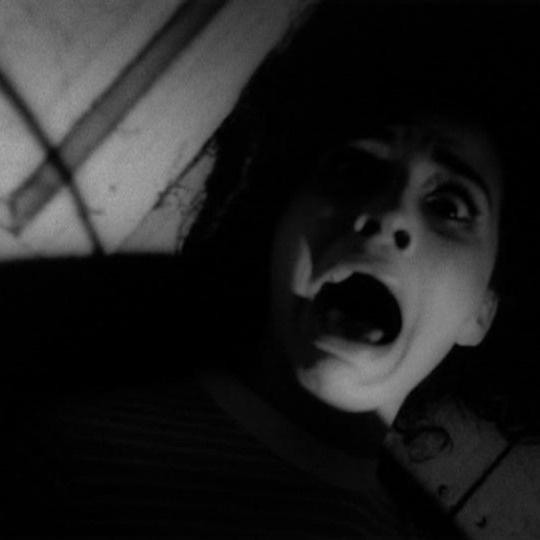
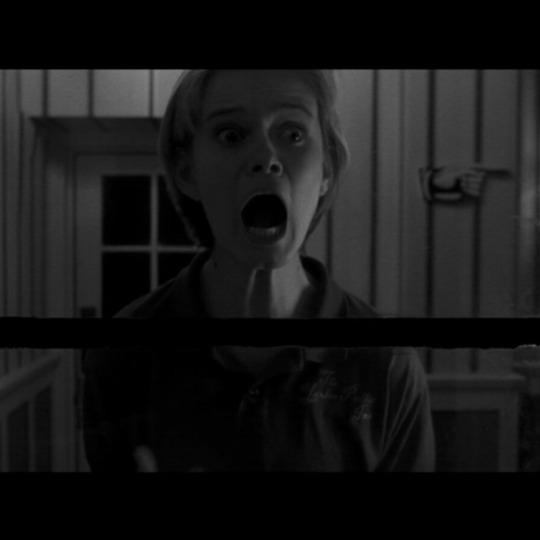


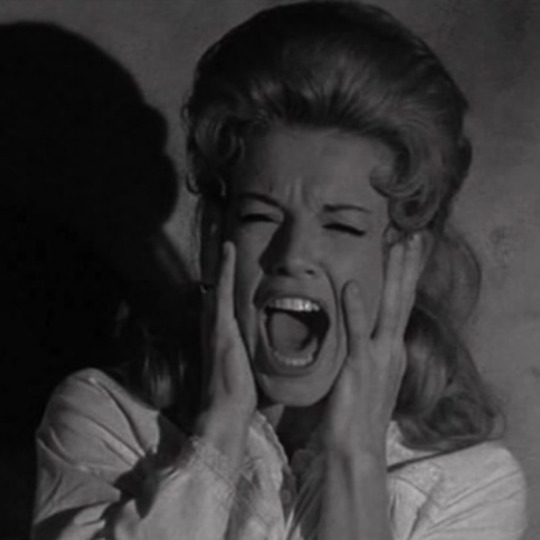
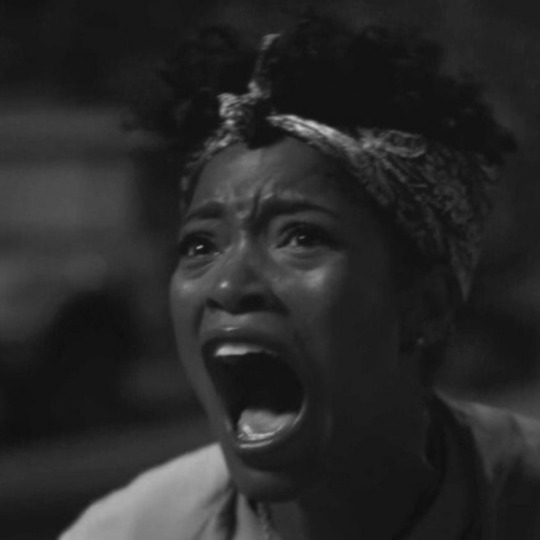
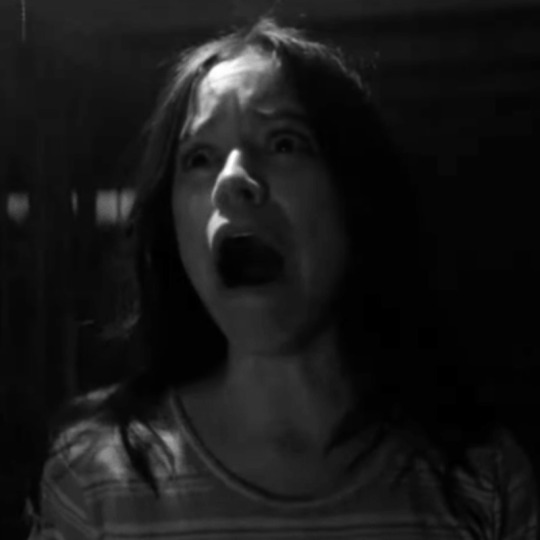
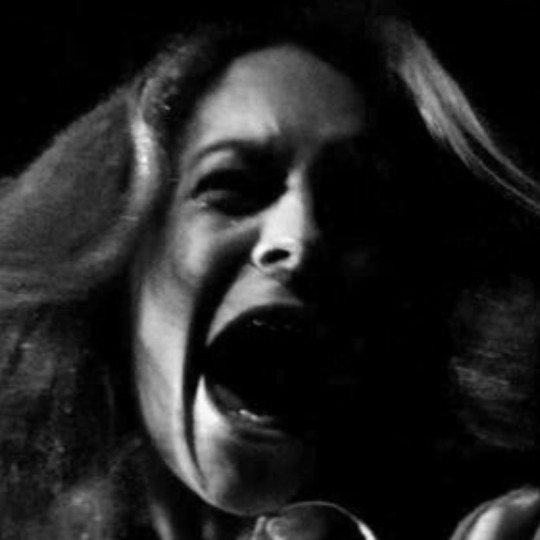
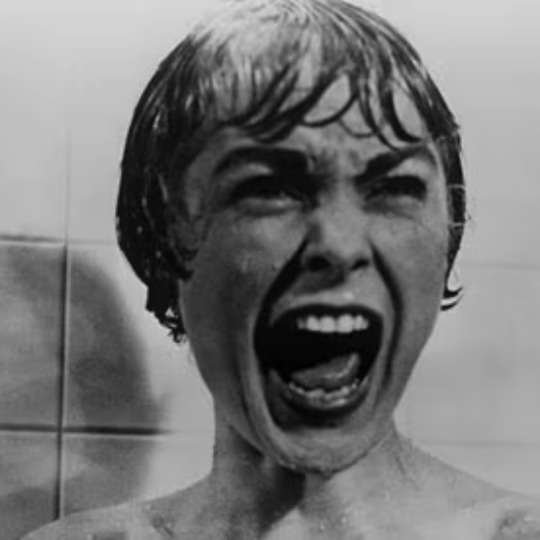
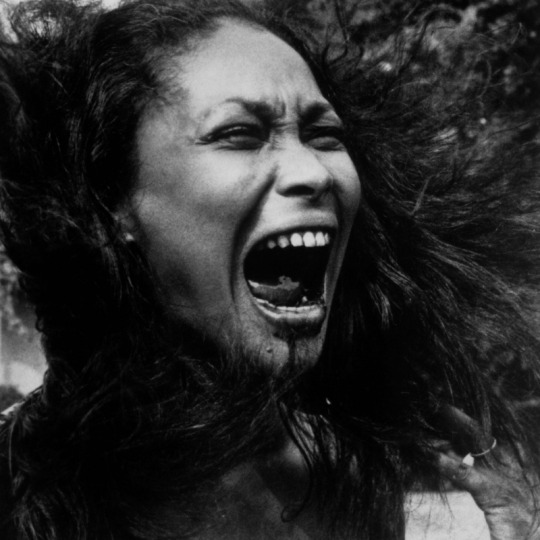
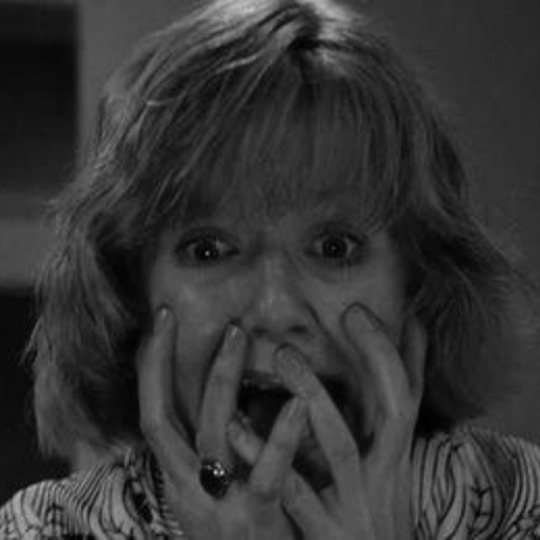
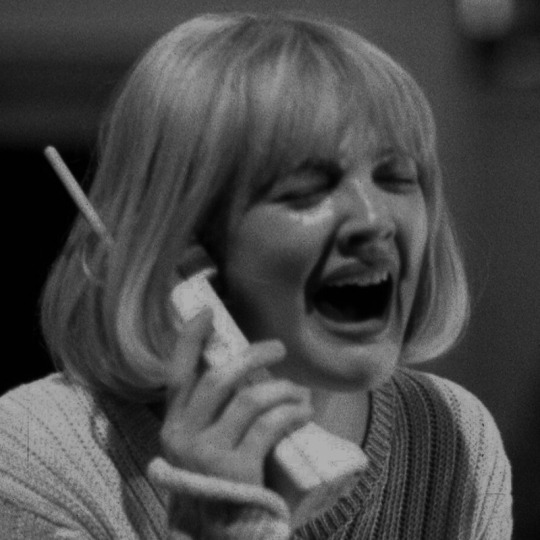
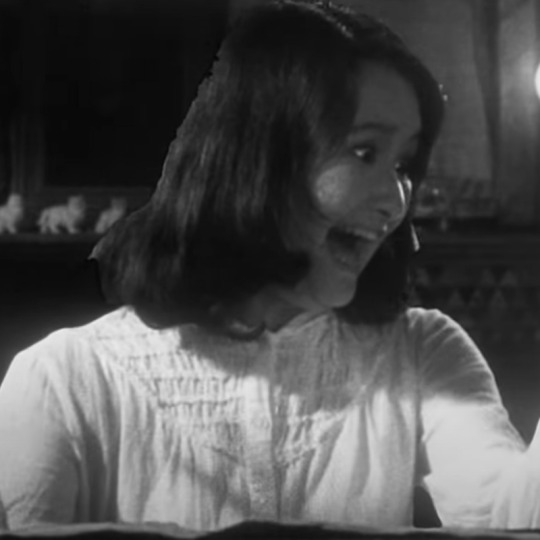

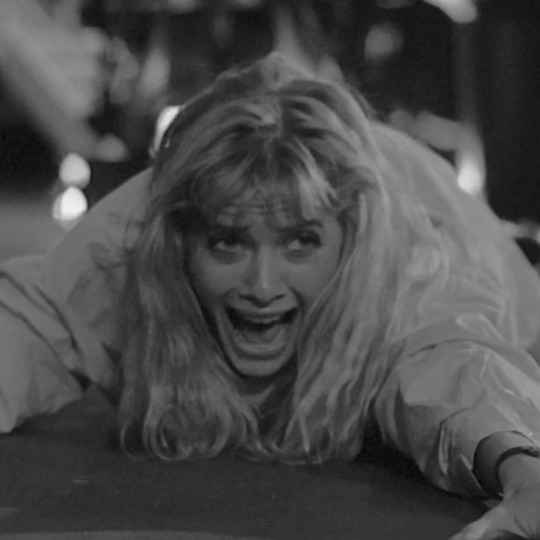

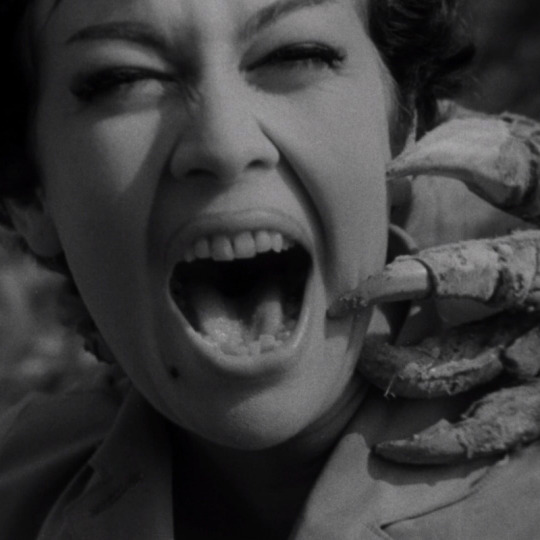
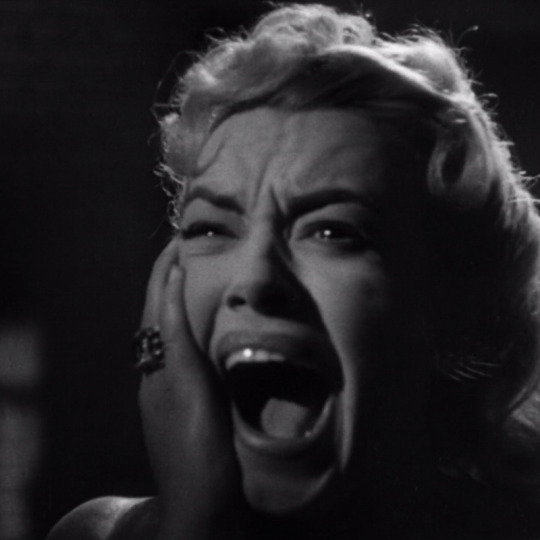
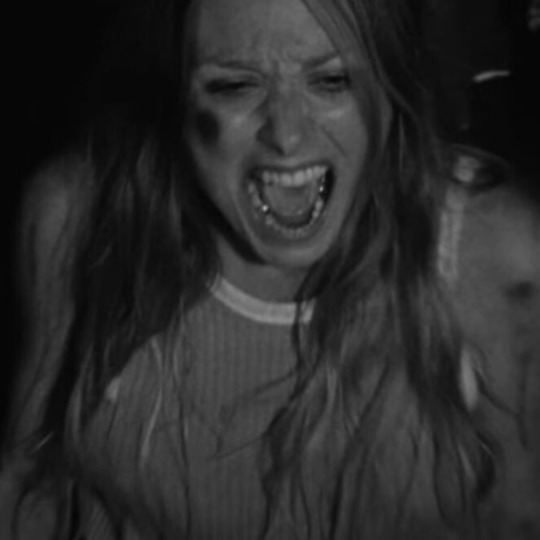

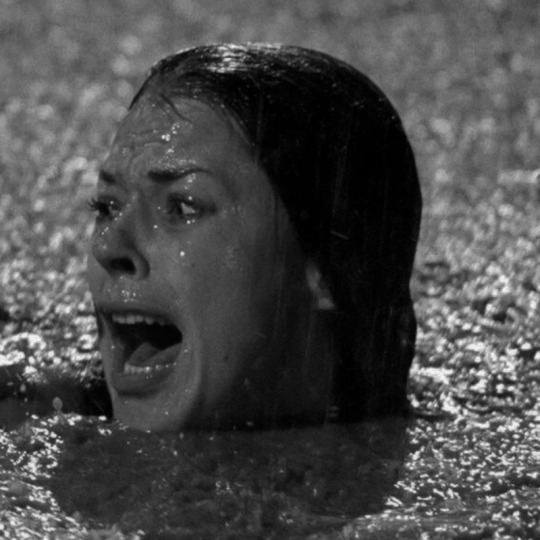
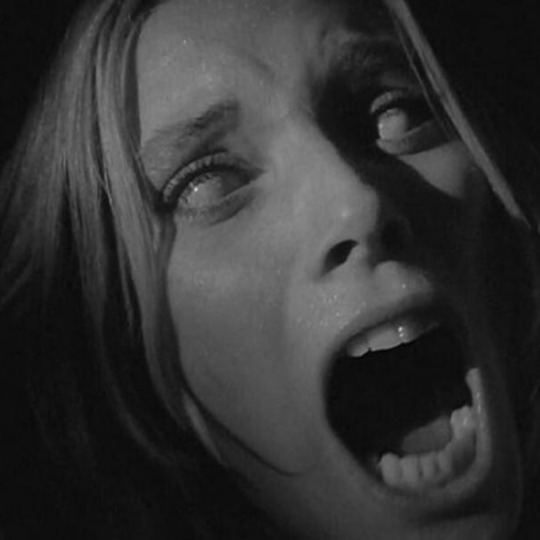
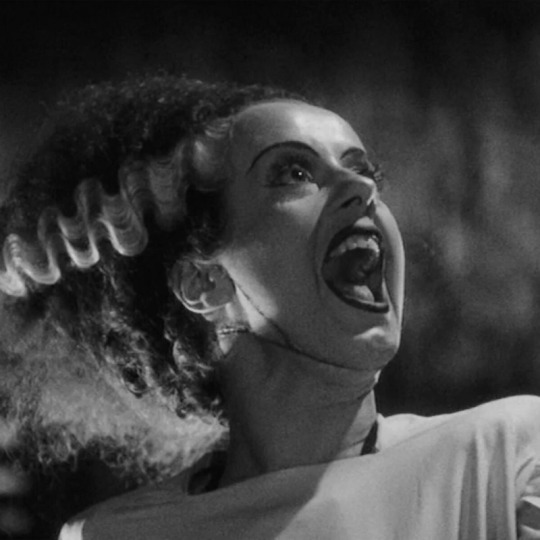

day 17 of horror: the screams of horror
#i only did women because they're iconic for it and idc#horror#horror movies#hereditary#the shining#house on haunted hill#carnival of souls#the innkeepers#psycho#x#nope#halloween#ganja & hess#friday the 13th part 2#scream#house#king kong#chopping mall#i know what you did last summer#spider island ?? i think#the texas chain saw massacre#the descent#poltergeist#the beyond#bride of frankenstein#prom night#horroredit#moviesedit#filmedit#cinema
3K notes
·
View notes
Text

not sure if I’m gonna do more with this sketch so might as well post it. It was supposed to be a warmup but I got carried away
(close ups under the cut)


#the hero and the warrior were like the sun and the moon their light a protective glow shining upon the world together there#blah blah blah macaque’s gay ass speech#anyways#lmk#lego monkie kid#lmk fanart#lego monkey kid fanart#lmk sun wukong#lmk macaque#monkey king#six eared macaque#shadowpeach#scriv art
441 notes
·
View notes
Text












KEY The 3rd Mini Album | Pleasure Shop - Mood Sampler
#SHINee#key#kim kibum#pleasure shop#kibum#he really is the concept king#this mood sampler is so cool#i'm super late sorry#tw flashing#my.gifs
332 notes
·
View notes
Text

#the shining#horror movie#horror film#classic horror#wendy torrance#horror#scary#creepy#macabre#eerie#spooky#terrifying#horror blog#black and white blog#movie#black and white#film#80s movies#80s horror#80s#stephen king#stanley kubrick
454 notes
·
View notes
Text
Old brotherhood



#the hero and the warrior were like the sun and the moon their lights are protective glow shining upon the world#together there was nothing that could stop the two of them#lego monkie kid#lmk fanart#lmk macaque#lmk#lmk six eared macaque#lmk sun wukong#lmk monkey king#six eared macaque#lmk swk#lmk liu er mihou#liu er mihou#digital art#artists on tumblr#my art#lmk season four#lmk art
342 notes
·
View notes
Text
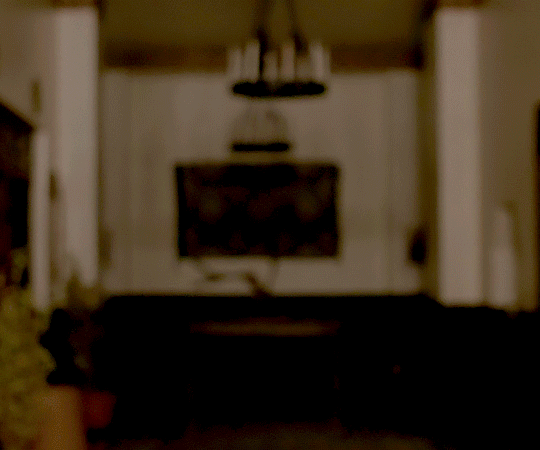
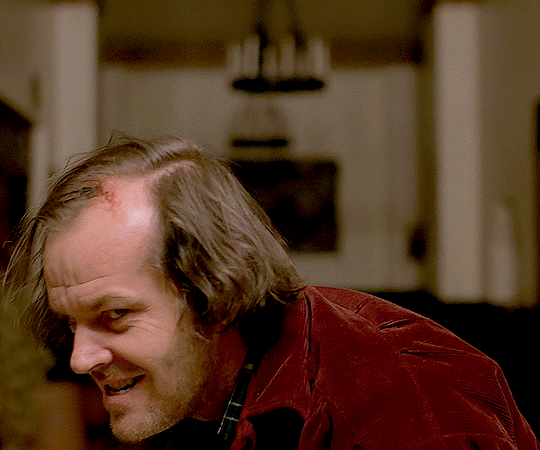
The Shining (1980)
#Horror#Filmedit#Horroredit#The Shining#Stanley Kubrick#Jack Nicholson#Jack Torrance#Stephen King#CHB#1980#80s
2K notes
·
View notes
Text










All work and no play makes Jack a dull boy
The Shinning (1980) Directed by Stanley Kubrick
#cinema#cinephile#cinestill#film#cineshots#film stills#film aesthetic#chill wave#movies#70s film#stanley kubrick#the shining#jack nicholson#shelly duvall#stephen king#horror#horror film#horror movies#それゆけ!宇宙戦艦ヤマモト・ヨーコ#movie art#films#80s
321 notes
·
View notes
Text
How i feel when i give a highly critically-acclaimed film an average rating on letterboxd because the book was infinitely superior

253 notes
·
View notes
Text
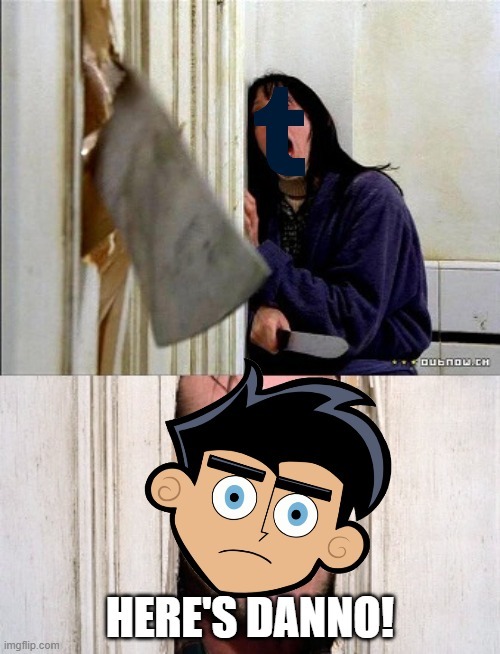
501 notes
·
View notes